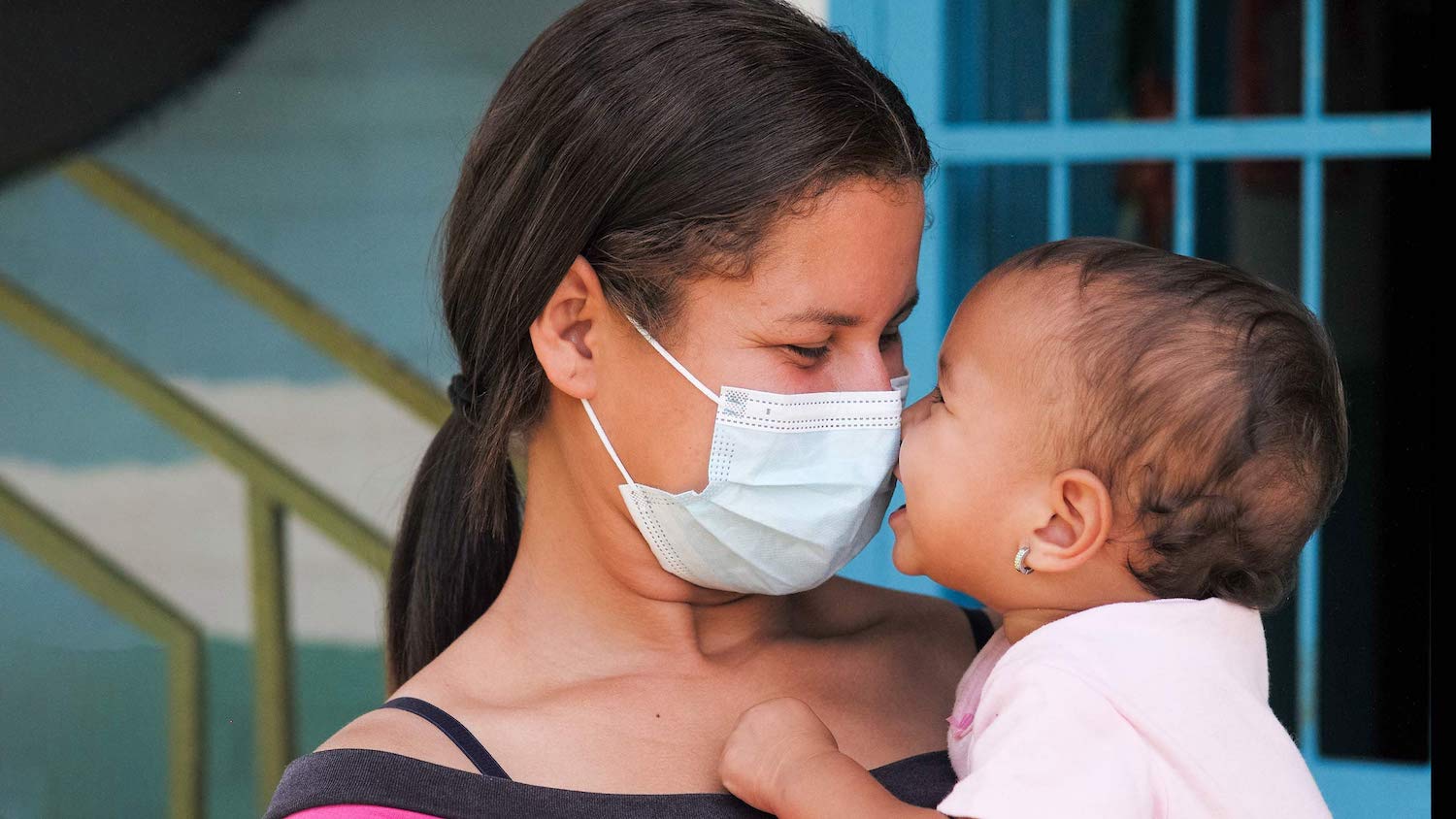Care Work
Increased burdens for women

Care work –– both paid and unpaid –– has been drastically impacted by COVID-19. Paid care workers in the health sector have faced increased work loads and heightened risk of infection (see: Health Services and Systems), while many in the domestic sector have lost their livelihoods in the face of lockdowns and social distancing measures. The burden of unpaid care and domestic work, which already fell disproportionately on women before the pandemic, has increased dramatically during the pandemic, and data shows that women are continuing to shoulder an unequal portion. Working parents, and mothers in particular, have had to juggle paid work with full-time childcare in the wake of school and daycare closures. The burden of caring for sick family members and collecting fuel and water, among other tasks that tend to fall disproportionately on women, have also increased during COVID.
What can governments do?
- Recognize both paid and unpaid care workers as essential and ensure their safety by providing them with information, protective equipment and additional income support.
- Implement measures to reconcile paid and unpaid work, including paid leave for primary caregivers, reduced or flexible working arrangements, monetary compensation for parents in the face of school and daycare closures, and childcare services for essential workers.
- Prioritize access to food. Continue school feeding programs, even when schools are closed, and expand food voucher schemes.
- Prioritize access to basic services. Increase the frequency of water delivery, install additional water storage and handwashing facilities, distribute free soap and sanitation products, and suspend water and electricity shut offs in case of nonpayment.
- Invest in accessible basic infrastructure and time-saving technology. Ensuring easy access to fuel and water lessens domestic burdens on those in under-resourced communities.
- Address gender inequalities in the labour market. Current inequalities create an economic disincentive for fairer distribution of unpaid care and domestic work.
What is UN Women doing?
- Providing key data and policy recommendations to help governments target support to paid and unpaid care workers.
- Providing support for paid and unpaid caretakers, including:
- Empowering women entrepreneurs and women-led businesses in the care sector in Asia and the Pacific region;
- Providing relief packages to the families of all newborns in refugee camps in Syria and to female-headed households in Sri Lanka.
- Through global, regional and national initiatives, working to change social norms to support equal distribution of care responsibilities, including:
- Launching the #HeForSheAtHome campaign, aiming to highlight the unfair burden on women and encourage men to do their equal share;
- Developing the Because I am a Man campaign in Arab States region.






